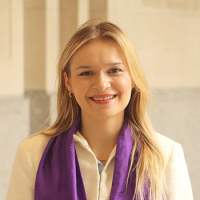Is the Belt and Road Initiative Reshaping the Global Order?
Rather than fixating on the Belt and Road Initiative’s (BRI) many well discussed negative attributes, Simon Curtis and Ian Klaus, authors of the soon-to-be-released book The Belt and Road City: Geopolitics, Urbanization, and China’s Search for a New International Order, focus on how the BRI strengthens China’s economy and is altering the global order in its favor. Not only does the BRI connect China to global resources, but it also helps it escape the middle-income trap, cultivates markets for its exports and gives it an alternative to US treasuries for investing its capital surplus. The BRI investments in the Digital and Green Silk Roads build urban corridors that bolster China’s market positions in key technologies as the Maritime Silk Road bolsters its commerce and military. The BRI establishes path dependencies and standards that benefit China. It could ultimately lead to a Eurasian common market and fracture the global economy.
Join WISC Director Mark Kennedy and Schwarzman Fellow Lea Thome as they moderate a conversation on these many aspects of the BRI with the authors.
Speakers


Moderators


Hosted By

Wahba Institute for Strategic Competition
The Wahba Institute for Strategic Competition works to shape conversations and inspire meaningful action to strengthen technology, trade, infrastructure, and energy as part of American economic and global leadership that benefits the nation and the world. Read more


